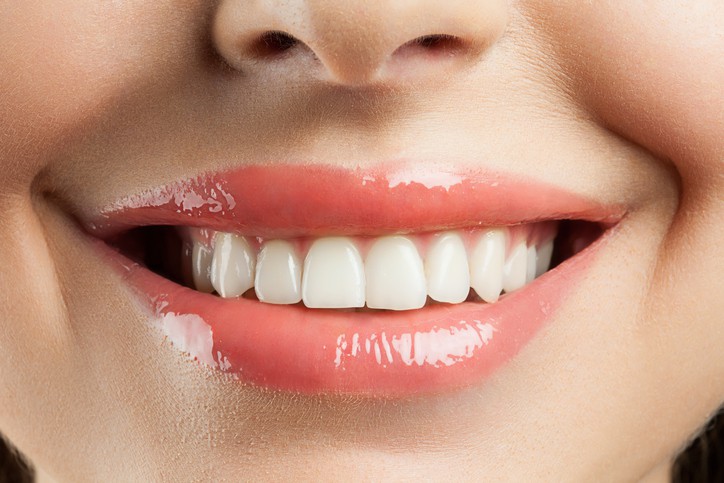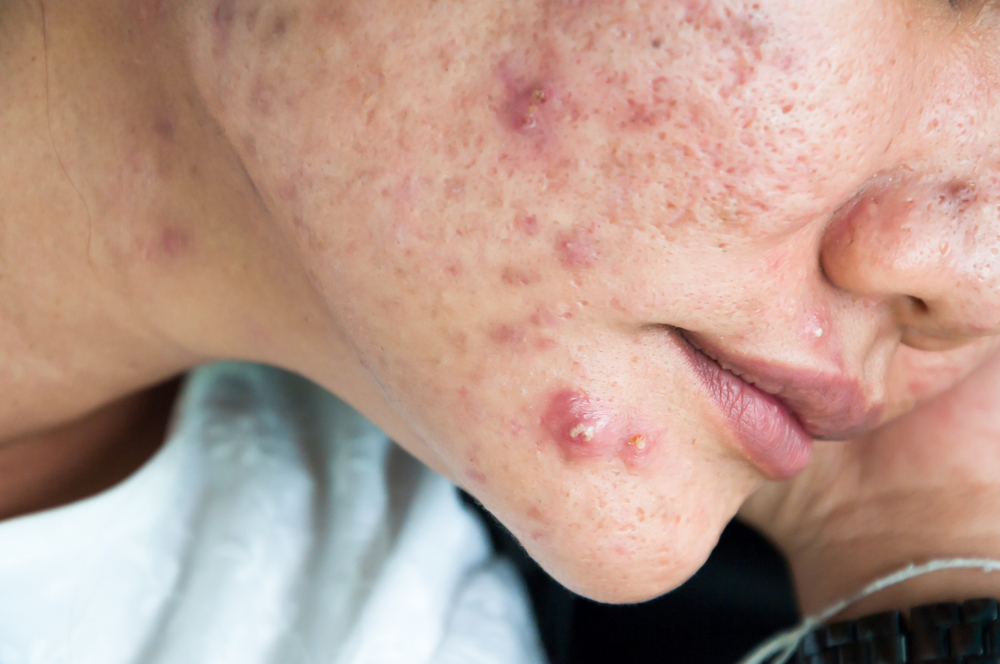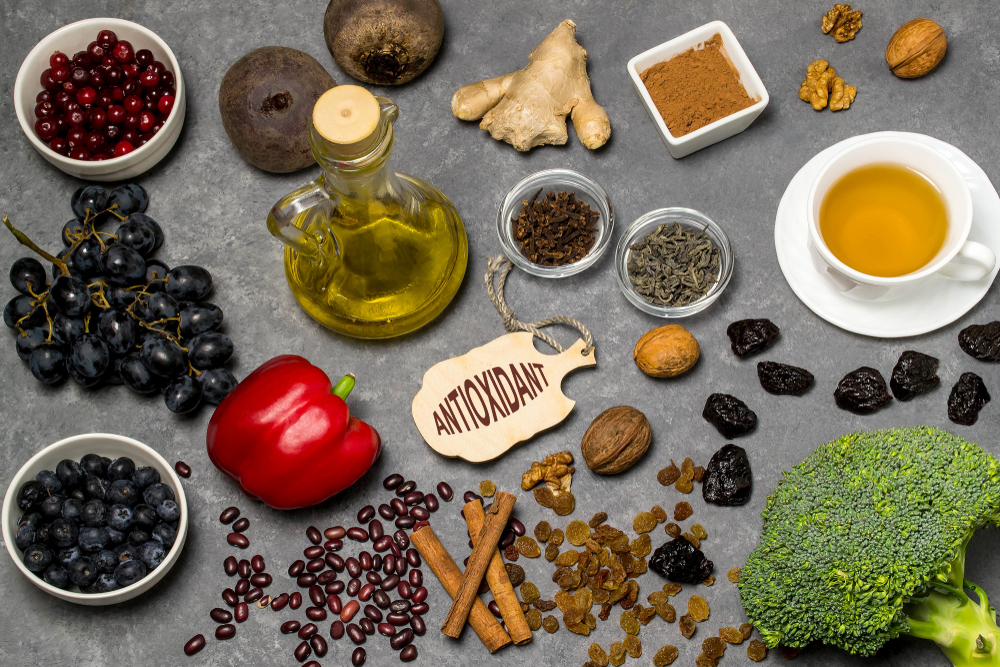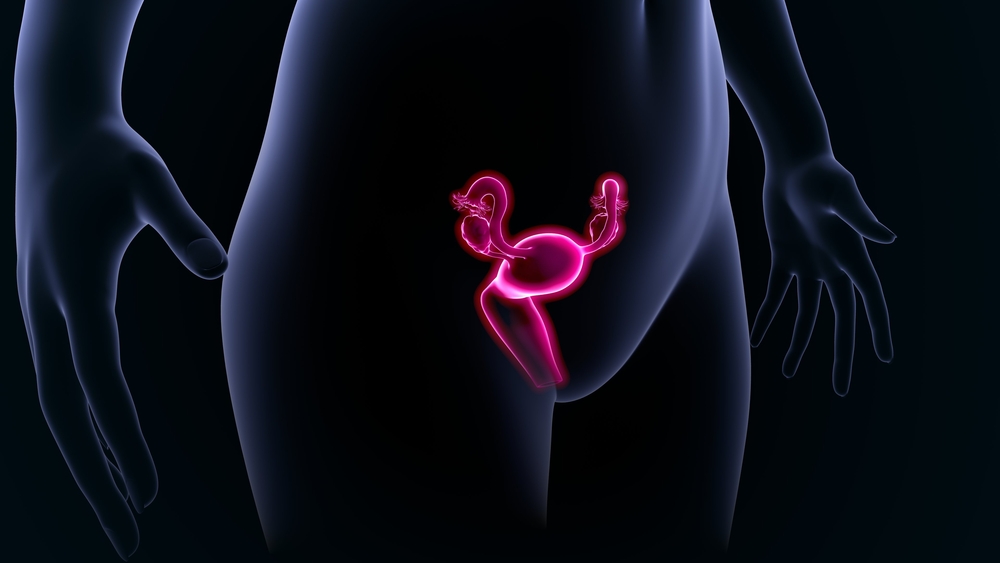Contents:
- Medical Video: Trick Daddy - I'm A Thug (Video Version)
- How can milk teeth affect the growth of permanent teeth?
- What can be done to maintain dental health from childhood?
Medical Video: Trick Daddy - I'm A Thug (Video Version)
Milk teeth are only temporary. This tooth is the first to appear when you are a baby, and then will be dated and replaced with permanent teeth. However, that does not mean milk teeth do not have to be taken care of. Maybe many parents underestimate milk teeth on their children, but this is wrong. Why? Because actually milk teeth can affect the growth of a child's permanent teeth. How can?
How can milk teeth affect the growth of permanent teeth?
Milk teeth turned out to be very important and can even determine the growth of a child's permanent teeth. Milk teeth are actually already in the baby's gums since the baby is born and usually begin to appear when the baby is 6 months old. At around the age of 3 years, most children already have complete milk teeth, totaling 20 teeth. It consists of four incisors, two canines, and four molars in each of the upper and lower jaws.
Permanent dentition is related to milk teeth. When permanent teeth are fully developed, permanent teeth will begin to appear. So that it pushes the milk teeth to date. Permanent teeth actually have developed in the gums and only wait for the right time to appear and replace the milk teeth.
Milk teeth determine the space available for permanent teeth to grow. Untreated milk teeth can make permanent teeth difficult to grow and can fall apart. Early milk teeth can make permanent teeth more free to grow, so they can take up other dental spaces to grow. This makes the teeth next to it more difficult to find space to grow. As a result, your child's teeth may fall apart and grow overlapping.
Hole or damaged milk teeth should receive more attention. When the milk teeth are hollow or damaged, the milk teeth cannot guide the permanent teeth to grow in the right place. As a result, permanent teeth can grow stacked and uneven. These overlapping or uneven teeth will then be more difficult to clean. Perforated milk teeth can also potentially spread infection throughout the body.
Therefore, dental care starting from milk teeth is needed. The impact is not only for now, but for the following years. Routinely to clean teeth since childhood, when milk teeth have started to grow.
What can be done to maintain dental health from childhood?
It is important for you as a parent to pay attention to the child's dental health since the milk teeth begin to grow. Some of the things you can do to maintain children's dental health are:
- The first few days after the baby is born, you can start cleaning the baby's mouth. How? You can wipe the baby's gums with a clean cloth. When the baby's first tooth starts to appear around the age of 6 months, you can routinely clean the baby's teeth after each baby suckles. The method is the same, namely by wiping baby milk teeth with a clean cloth. Newly emerging baby milk teeth can be damaged. For that, you must always maintain the health of the baby's teeth.
- When the child has started to grow up (about the age of 3 years), you can begin to teach children to brush their teeth with toothbrushes and toothpaste. However, monitor the use of children's toothpaste, don't overdo it and don't swallow it. Brush your teeth every day twice, namely morning and before bed.












